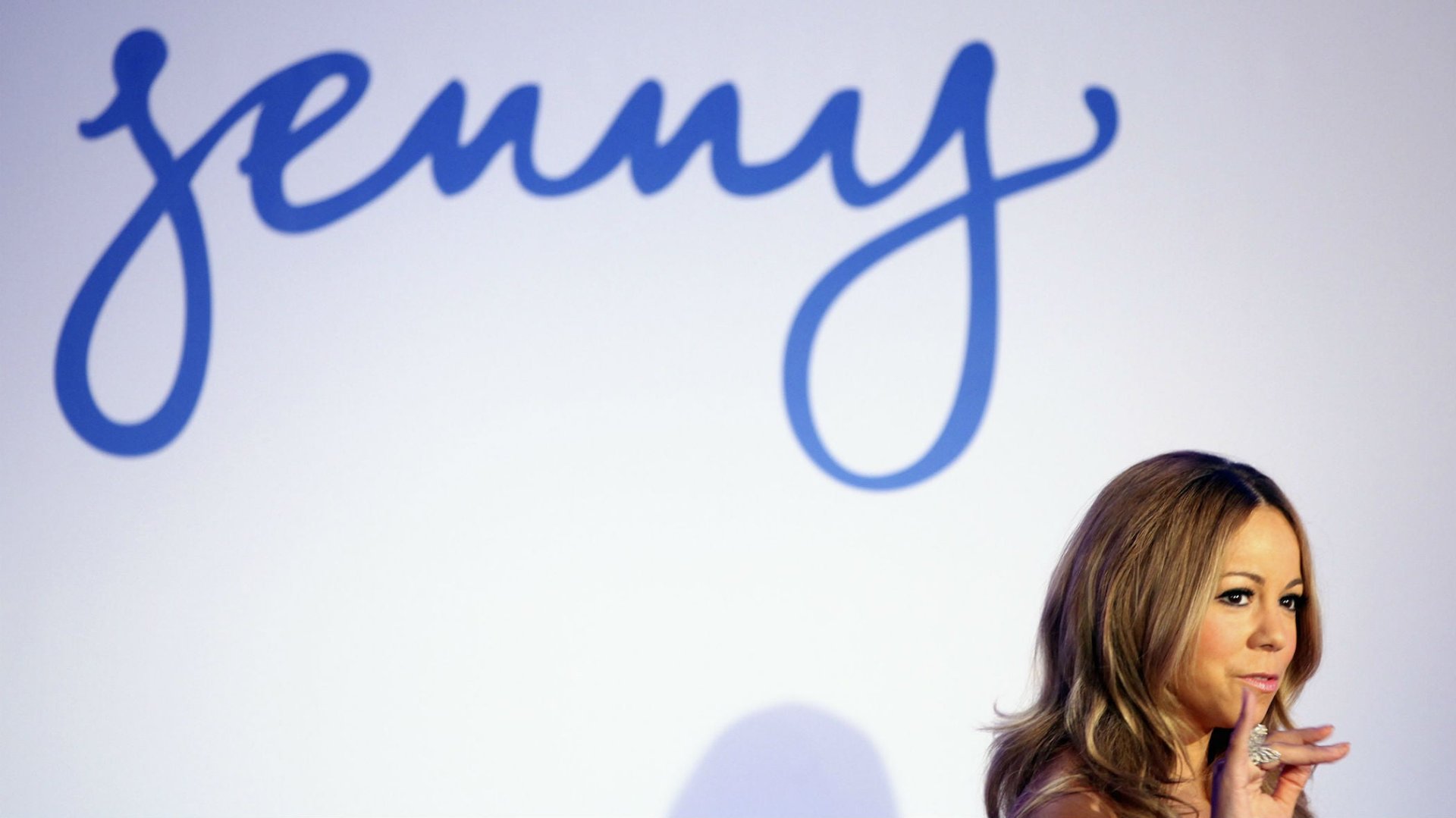The American weight-loss industry is starting to lose some weight
The US weight-loss industry may be slimming down. Reuters has reported that Nestle is hoping to sell its diet business, Jenny Craig, as part of a broader attempt by Nestle to shed poorly-performing businesses. The move isn’t unexpected: Nestle’s CFO, Wan Ling Martello, said in an earnings call in August, “We do not disclose profit by businesses, but I will tell you that the Jenny Craig business—this year as well as last year—was very much below our expectations and below what they have been able to do in the last few years.” (The company runs weight loss centers and sells diet food under the Jenny Craig brand in the US, Australia, France, Canada and New Zealand.)


The US weight-loss industry may be slimming down. Reuters has reported that Nestle is hoping to sell its diet business, Jenny Craig, as part of a broader attempt by Nestle to shed poorly-performing businesses. The move isn’t unexpected: Nestle’s CFO, Wan Ling Martello, said in an earnings call in August, “We do not disclose profit by businesses, but I will tell you that the Jenny Craig business—this year as well as last year—was very much below our expectations and below what they have been able to do in the last few years.” (The company runs weight loss centers and sells diet food under the Jenny Craig brand in the US, Australia, France, Canada and New Zealand.)
The problem? Thanks to more DIY diet programs and tighter household budgets, consumers in big markets like the US are spending less on diet books, drugs, programs, and surgeries. Growth of the US weight loss industry—which can rake in as much as $61 billion a year—has been flat over the past few years. According to Marketdata Enterprises, a research firm, revenue grew just 1.7% in 2012 and is expected to grow only marginally more at 2.6% in 2013. (An estimated 108 million Americans are on diets, usually several times a year.)
Commercial weight-loss programs like Jenny Craig and its rival Weight Watchers are feeling the slump as dieters move to free online diet regimens, or mobile fitness apps that let them track their calories and lose weight on their own. Marketdata said sales at commercial weight-loss centers in the US didn’t grow at all last year.
All the same, recent research argues that apps that simply help monitor calories or activity aren’t as good at helping people keep the weight off as traditional regimens that combine dieting with exercise. That’s because the apps don’t give people the incentive to make permanent changes to their behavior. For those with enough with self-discipline, an app or an electronic wristband might do the trick, but for the rest, the traditional weight-loss industry is likely to survive, though, even if it has to lose some weight itself.